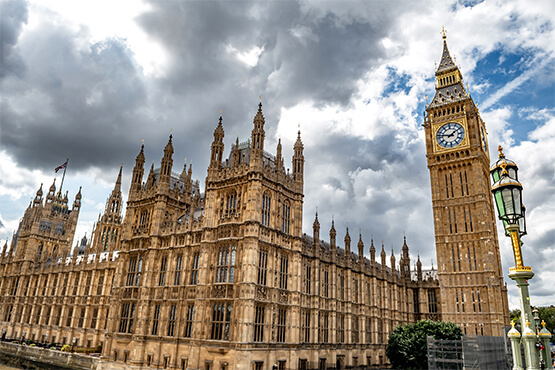The much-anticipated Employment Rights Bill marks a potentially significant step in reforming employment rights in the UK, aligning closely with the Labour Party's manifesto pledges to enhance the rights of workers and employees.
With 28 employment law reforms proposed, should the Bill be enacted in its current form it will represent a monumental transformation in the landscape of UK employment rights for the public and private sector alike. We explain the most substantive of these reforms in depth in our analysis of the Bill, which you can access here.
One reform, which has not received much attention, seeks to protect workers in relation to public sector outsourcing contracts. Located in plain sight in clause 25 of the Bill, this proposed reform would amend the Procurement Act 2023 to allow a Minister of the Crown to make regulations and impose a duty to publish a statutory code of guidance to contracting authorities in relation to outsourcing contracts of public services and back-office functions. The regulations will be made for the purpose of ensuring transferring workers who were once employed by the contracting authority in relation to the services are treated no less favourably than the supplier’s other workers and vice versa. This would effectively require that the terms and conditions of employees transferring from the public sector and those of any other employees of the supplier be the same and be the more favourable of the two, which could increase the cost of outsourcing public services as suppliers would build this into the contract price. The regulations may narrow this obligation to employees of the supplier working exclusively or mainly on that contract (rather than the supplier’s entire workforce) or narrow the obligation by contract value.
These powers may be used to specify model contract clauses for public sector outsourcing contracts. Contracting authorities will have to take all reasonable steps to include these clauses in outsourcing contracts and take all reasonable steps to ensure that suppliers comply with these contractual provisions. Contracting authorities will also have to have regard to any code of practice, which may apply to broader circumstances than the circumstances in the regulations so that there may be an obligation to have regard to steps that could be taken even where the regulations do not apply (such as to a wider pool of supplier workers or to lower value contracts).
The new Government wishes to avoid “two-tier” workforces developing where a service is being provided under public sector outsourcing contracts. It is not yet clear whether ensuring workers of the supplier “are treated no less favourably” than the transferring former public sector workers will extend to public sector pensions. If a requirement to treat existing workers of the supplier no less favourably extended to pensions, it might not be possible to have closed admission agreements admitting the supplier as an employer in the Local Government Pension Scheme only in relation to specified former public sector workers. If it were a requirement that the supplier be admitted to the Local Government Pension Scheme under Part 3 of Schedule 2 to the Local Government Pension Scheme Regulations 2013 on an open basis in respect of all workers providing the services, there could be a significant impact on the cost of outsourcing. Again, suppliers would factor that cost into the contract price.
Clearly, the potential impact of this proposed amendment to the Procurement Act 2023 is much wider than it might initially appear. It is worth noting however, that the Bill is yet to complete its journey through the House of Commons and enter the House of Lords. There may yet be an amendment to clause 25 of the Bill.
For now though, the Procurement Act 2023 is planned to go live on 24 February 2025. The Employment Rights Bill is not expected to be enacted before Autumn 2025 at the earliest, with any amendment to the Procurement Act 2023 likely in 2026.
Authors

Jan Cumming
Legal Director

Maz Dannourah
Legal Director












































